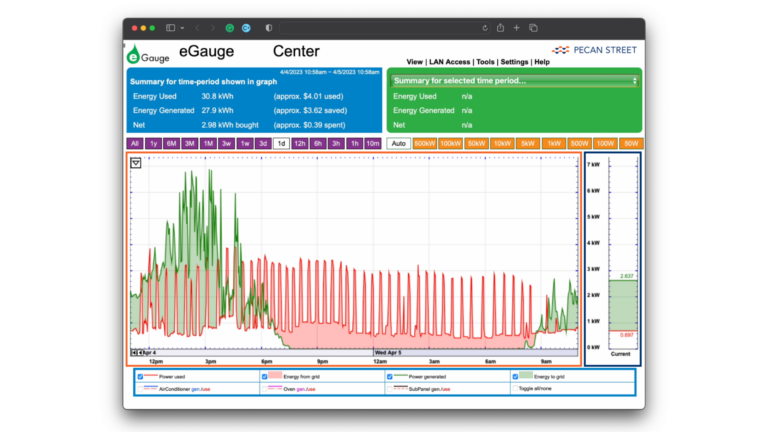January 21, 2022
By Jill Harlow, Pecan Street
We’re not bankers or investors. And we don’t specialize in crop insurance. We know data.
And we know data will drive the financial resources that emerge to help farmers and ranchers transition to regenerative agriculture. Efficient, cost-effective measurement and verification tools are the cornerstone of our soil work and will be important for de-risking investments and ensuring equitable access.
Yet, when we looked for financing options tied to soil health, we found that information was scattered and hard to find. As we dug deeper, we uncovered interesting examples of funding beginning to flow across all asset classes.
We’ve captured our findings in a short white paper: Financing the Transition to Regenerative Agriculture and Beyond.
You can download it here for free.
Some quick examples of what we learned:
- Underwriting standards must be updated to account for the economic benefits and improved resilience that result from improving soil health. Demonstration projects, like those underway at Compteer Financial through the LandCore initiative show promise. Transferring these insights to commercial banking and crop insurance is key for unlocking regenerative agriculture at scale.
- Philanthropists and impact investors have picked up the gauntlet. Boutique private loan funds can now be found in several regions. Replant Capital, which launched in 2020 with a $250 million soil health loan fund, represents an exponential increase in the scope of this catalytic capital.
Pecan Street’s specialty is data. But we pay close attention to the context in which data lives. We dig deep to understand the dynamics of why data gaps exist and the ways data will drive climate innovations. This new paper is different than our usual analyses. But it represents the kind of internal learning our team relies on to make sure we have critical context to achieve impact through our work.


















